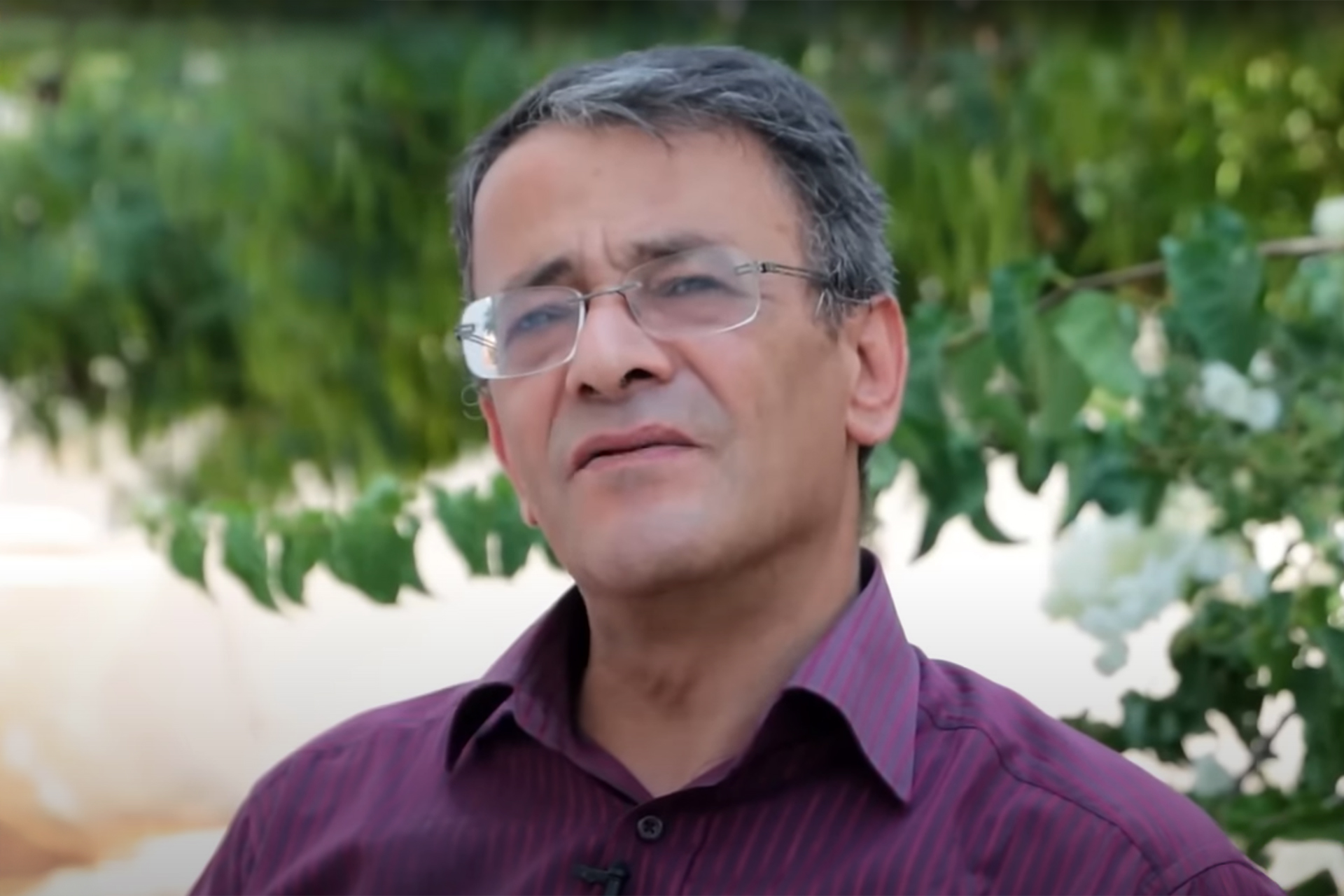Published On 31/10/2025
|
Last update: 23:47 (Mecca time)
Today, Friday, a Tunisian court issued a five-year prison sentence against lawyer Ahmed Sawab, one of the most prominent critics of President Kais Saied, whom the opposition accuses of using the judiciary to consolidate his “tyrannical rule.”
Sawab, a former administrative judge, was arrested in April for statements in which he criticized the judiciary. He described Tunisian judges as working “with knives on their necks,” pointing to the strong political pressures they are subjected to, which the authorities considered a threat to the judges.
Read also
list of 2 itemsend of list
His lawyer, Sami Ben Ghazi, said, “Five years in prison, for what? For a metaphorical phrase, and a spontaneous expression that everyone understood as symbolic, except for the authorities. Ahmed Sawab is imprisoned in place of all of us.” Lawyers stated that the session lasted only a few minutes, which they described as “unprecedented in the history of Tunisia.”
The Dean of Lawyers, Boubacar Bin Thabit, addressed the judge, saying that the session was illegal in light of the absence of Ahmed Sawab, who refused a trial remotely (via a screen) from his prison, and requested to be present in court, but the judge suddenly adjourned the session and stated that the announcement of the ruling would be issued after the session.
External financing
Three prominent non-governmental organizations said this week that the authorities had suspended their activities due to foreign funding, in a move they described as aiming to silence the strong voice of civil society. Many other organizations are complaining of restrictions that have included freezing their bank accounts.
Since Saied took control of broad powers in 2021, then parliament dissolved him and began ruling by decree, opponents say that the president has undermined the independence of the judiciary.
Saied dissolved the Supreme Judicial Council and dismissed dozens of judges in 2022. These steps were denounced by opponents and human rights activists who considered them a coup. Most of the opposition leaders are in prison on various charges, including Rached Ghannouchi, leader of the Ennahdha Party, and Abeer Moussi, head of the Free Destourian Party.
Human rights groups and activists say that Saied has turned Tunisia into an open prison and is using the judiciary and police to target his political opponents.
Saeed denies the accusations and says that the law is above all and that the judiciary is independent, stressing that he seeks to cleanse the country of those he described as traitors and corrupt, and that the judges who acquit them are their partners.

